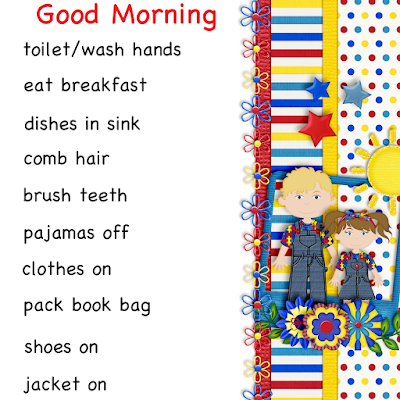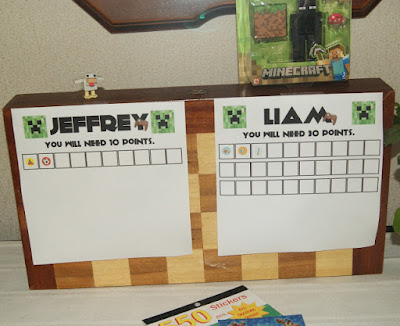We are always on the look out for all of the awesome we find in Autism. Sometimes we have to find strategies to make that search a bit easier. That's what we're up to again, today. Let us share a few helpful tips with time management.
As you may have discovered, it can be very difficult to get the kids ready on time. Both of my boys have zero sense of urgency and must continuously be assisted with preparing for departure in a timely manner.
In a previous blog we mentioned timers and how they can help with tasks. I often use a timer throughout the day so they could see through example, how it works. I chose the timer on my stove because my youngest would pick up a small one and chuck it across the room if he didn't want the stress from having this kind of limitation. Keep that in the back of your mind when trying a timer.
Have them help set the timer and perhaps start off using the timer for fun things.
Keeping routine is also very helpful with completing jobs and meeting deadlines or time lines.
If you are struggling with time constraints and keeping your children, family, students or friends on task, try to figure out exactly what it is that is stealing that time.
As you may have figured out, distractions can be the biggest problem you face when getting ready or finishing something on time. If possible, create an environment with as little distraction as possible. Keeping toys, games, art supplies and other fun things out of sight could assist you greatly.
Look at my oldest up there! He's all ready for school and fast, now that we've said, if you eat your breakfast and get ready fast enough, you can play games before we leave. They all ready know, there are no games before 8 am and we have to leave at 8:20, so they could have up to 20 minutes of game time. This has worked so, so super for us.
A visual chart might also help you with the morning routine. Here are some previous posts where charts were our focus. Check them out and download, for free, the ones that might help you most.
Click on the image to get this chart along with some other helpful tools.
Here's another idea for you try to and get your kids motivated. Above each chart is a nifty gift for them to work for. I have to use small ones for my youngest because he would get totally overwhelmed with a lot of boxes on his chart. The boys often can work together for bigger things, too. I always use things they like on my charts or make them exciting to look at.
Every weekend, my boys have to do chores and they are not allowed "Game Time" until they are ALL finished. I'm still amazed at what I can get these boys to do, thanks to games.
Whatever you do, make sure you give chores and other responsibilities, no matter how small or simple it may seem. The younger the better. People can really feel accomplished or responsible when they complete tasks and it's a very important lesson to learn. Besides, you probably already have a lot on your hands and it surly doesn't hurt having a few more hands helping around the classroom or in the house.
We hope these tips and visuals will help make getting ready and finishing tasks easier. If you've got more helpful information and or tips that work for you, please share them in the comments or join us in our group on Facebook.
Best of luck!










